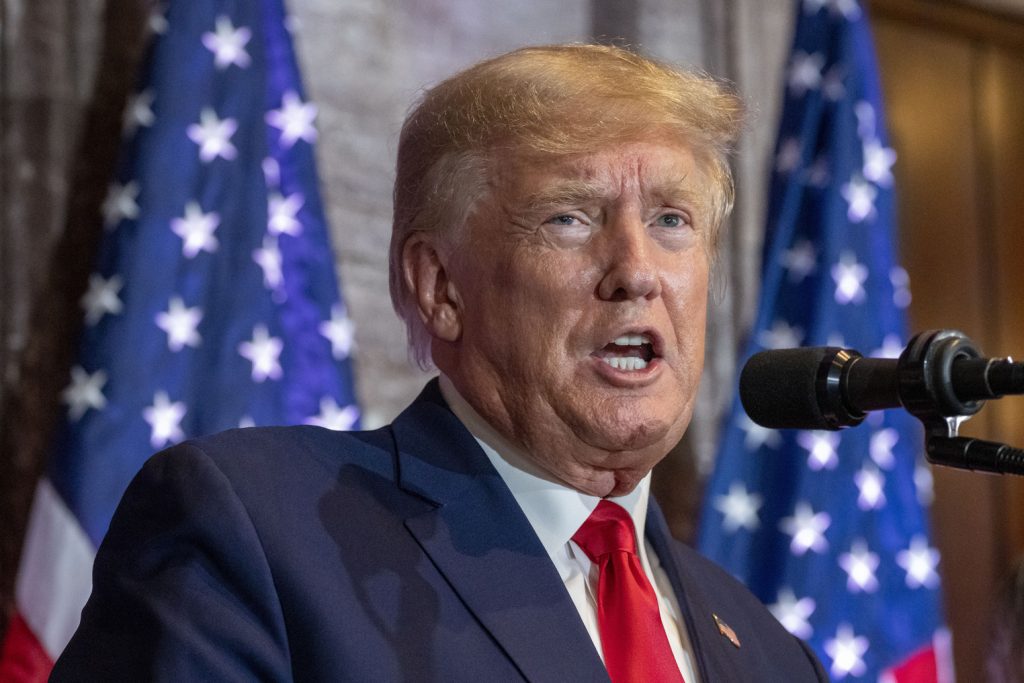
History often repeats itself, albeit with different players and settings. The lives of Aaron Burr and Donald Trump are examples of how political powerhouses can be subject to extraordinary scrutiny, media bias, and charges of treason by their own governments. Despite living centuries apart, these figures share strikingly similar battles with political opponents and the justice system. In his latest book, “DC Swamp Strikes Back: Aaron Burr, Donald Trump, and their Similar Battles”, Dennis A. Brennan explores the realities faced by the politicians during their tenure.
In politics, when someone disrupts the status quo, it often leads to relentless backlash. Burr and Trump both ascended to the pinnacle of political power only to face accusations that threatened their legacies. Burr, a Revolutionary War hero and Vice President, was later labeled a traitor for allegedly plotting to form a new nation. Similarly, Trump, a real estate mogul turned President, has faced allegations ranging from election interference to mishandling classified documents.
The press played a significant role in shaping the public perception of both men. Burr’s actions were sensationalized by newspapers like the Western World, which painted him as a scheming conspirator. Fast forward to the 21st century, and Trump faced relentless coverage from major media outlets branding him as unfit for office. The influence of media narratives on public opinion cannot be overstated, especially when tied to high-profile legal battles.
Burr’s trial for treason in 1807 remains one of the most famous in American history. Despite accusations of plotting to seize territories and split the union, the evidence presented was circumstantial. Chief Justice John Marshall’s rulings emphasized the importance of concrete evidence, leading to Burr’s acquittal.
Trump has faced multiple trials, with charges ranging from falsifying business records to inciting insurrection. These cases highlight how legal systems can be weaponized in politically charged climates. Whether it was Burr in the early 1800s or Trump today, the courtroom has become a battleground for political vendettas.
For Burr, the accusations marked the end of his political career. Although acquitted, his reputation never recovered. Trump, on the other hand, has leveraged the accusations to energize his base, portraying himself as a victim of a biased system. His ability to use these challenges to maintain relevance showcases a shift in how political figures navigate controversy.
The cases of Burr and Trump highlight the dangers of politicizing justice. When governments and media act as judge and jury, it undermines public trust in democratic institutions. The parallels remind us that no one is immune to the repercussions of challenging established powers, regardless of their time in history.
Aaron Burr and Donald Trump, though separated by centuries, faced similar fates as disruptors of the political order. Their stories serve as cautionary tales about the intersection of politics, media, and the law. As society continues to fight these issues, these historical lessons remain more relevant than ever.
© Copyright 2024 Dennis Brennan All Right Reserved